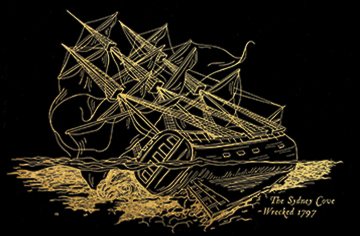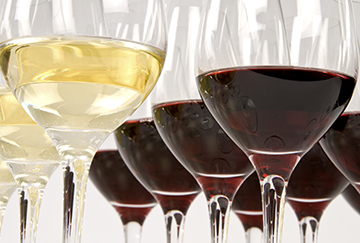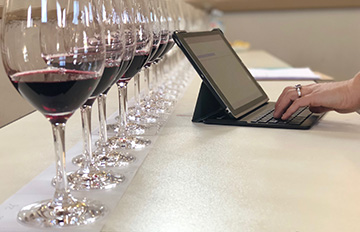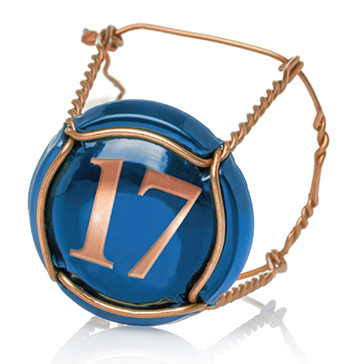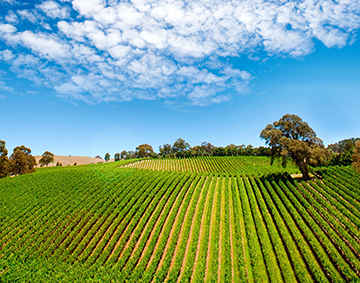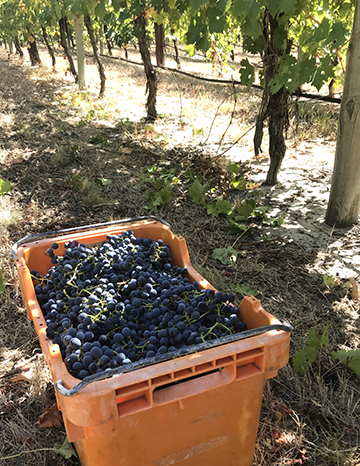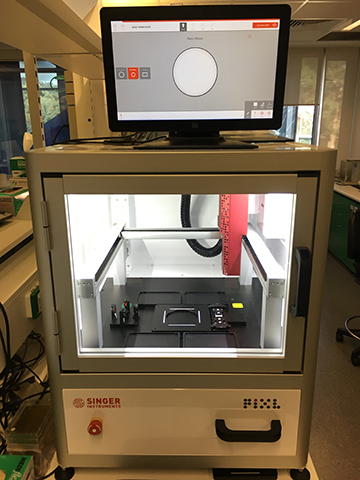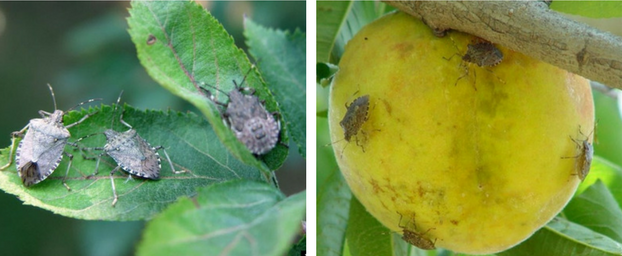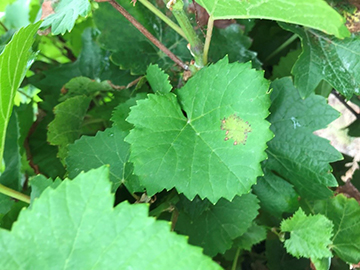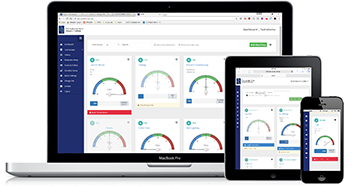The 2018/19 edition of Agrochemicals registered for use in Australian viticulture (the ‘Dog book‘) is now available. The updated ‘Dog book’ can be viewed via the online pdf or mobile app. A hard copy will be distributed to levy payers by mail and will also be included with the next issue of Australian & New Zealand Grapegrower & Winemaker.
This agrochemical update summarises the major changes compared with the previous version.
New active constituents
The Australian Pesticides and Veterinary Medicines Authority (APVMA) has recently approved the use of the following active constituents in wine-grape production.
PYDIFLUMETOFEN
APVMA 82484
‘Miravis’ is a Syngenta Australia Pty Ltd product.
‘Miravis’ is registered for control of powdery mildew in grapevines and is an activity group 7 (succinate dehydrogenase inhibitors) fungicide.
Read the full label prior to use and follow the directions.
Recommended restriction on use (withholding period) for grapes destined for export wine: Use no later than E-L 19, beginning of flowering when caps start loosening.
BACILLUS AMYLOLIQUEFACIENS
APVMA 82242
‘Serenade Opti’ is a Bayer CropScience product.
‘Serenade Opti’ is registered for control of botrytis bunch rot in grapevines and is an activity group 44 (microbial) fungicide.
Read the full label prior to use and follow the directions.
Recommended restriction on use (withholding period) for grapes destined for export wine: May be used until harvest.
Active constituents removed
The following active constituent has been removed from the ‘Dog book’ because it is no longer registered for use on grapes.
DIMETHOATE
Activity group 1B insecticide, registered for a range of insect pests.
The following active constituents have been removed from the ‘Dog book’ because the product is no longer available.
BENALAXYL + MANCOZEB
Activity group 4 + M3 fungicide registered for black spot and downy mildew.
CAPTAN + METALAXYL
Activity group M4 + 4 fungicide registered for black spot, botrytis bunch rot, downy mildew and phomopsis cane and leaf spot.
DICOFOL
Activity group 2B insecticide registered for bunch mite and grape leaf blister mite.
HEXACONAZOLE
Activity group 3 fungicide registered for powdery mildew.
Changes to withholding period (WHP) recommendations for export wine
Products containing the active constituent iprodione are no longer recommended for use on grapes destined for export wine.
The recommended WHP for products containing fenpyrazamine has been shortened, provided only one spray is applied per season. The old recommendation, ‘Use no later than E-L 25’ has been replaced with ‘Use no later than E-L 29’, provided products containing fenpyrazamine are only used once per season. If more than one spray is to be applied, the recommendation is ‘Use no later than E-L 25’.
The recommended WHP for products containing dimethomorph has been shortened, provided only one spray is applied per season. The old recommendation, ‘Use no later than E-L 25’ has been replaced with ‘Use no later than E-L 31’, provided products containing dimethomorph are only used once per season. If more than one spray is to be applied, the recommendation is ‘Use no later than E-L 25’.
The recommended WHP for herbicides is ‘Use no later than 30 days before harvest’, unless a longer WHP is listed on the label.
Table of registered products
Products/active constituents that are underlined in the tables of registered products (pages 20 – 26), are those that are restricted for use by some wineries/grape buyers. It is recommended that prior to the use of any underlined product, growers should contact their winery or grape purchaser.
Chemical resistance management strategies
CropLife Australia resistance management strategies and resistance information specific to botrytis bunch rot, downy mildew and powdery mildew are provided on pages 15 to 18.
New section
A new section that highlights the changes made in the latest edition has been added on page 4.
For more information or to request a copy of the new ‘Dog book’, please contact Marcel Essling on 08 8313 6600 or email helpdesk@awri.com.au.
This information is provided to inform the Australian grape and wine sector and should not be interpreted as an endorsement of any product.


